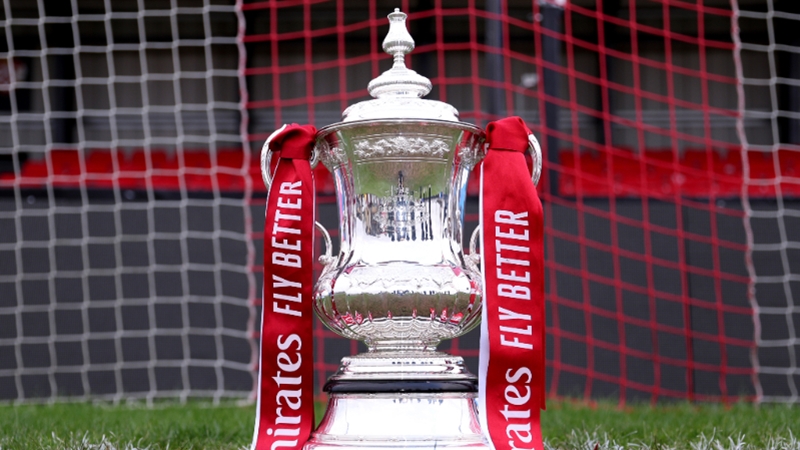The FA Cup stands as one of the most prestigious tournaments in the world of football. First held in 1871, it holds the unique distinction of being the oldest football competition in existence. Over the decades, the FA Cup has showcased the spirit of the game, uniting fans and players from all levels of English football.
The Birth of the FA Cup
The Football Association Challenge Cup, commonly known as the FA Cup, was introduced in 1871 by Charles W. Alcock, a key figure in English football history. The goal was to create a nationwide competition that allowed teams across England to compete for glory. The inaugural tournament saw 15 teams participate, with Wanderers FC emerging as the first champions after defeating Royal Engineers 1–0 in the final.
The success of the first FA Cup set the stage for what would become an enduring legacy, with teams from all tiers of English football dreaming of lifting the coveted trophy.
The Evolution of the FA Cup
In its early days, the FA Cup featured amateur teams. However, with the rise of professional football clubs in the late 19th century, the competition grew in prominence. By the 20th century, it had become a platform where clubs like Manchester United, Liverpool, Arsenal, and Chelsea cemented their dominance, while smaller teams etched their names into history with giant-killing performances.
The FA Cup also saw innovations like the introduction of replays for tied matches, eventually leading to penalty shootouts as a method of deciding games in modern times.
Moments That Defined the FA Cup
Over the years, the FA Cup has produced countless iconic moments. Here are a few highlights:
- The Matthews Final (1953): Sir Stanley Matthews led Blackpool to an incredible comeback victory over Bolton Wanderers, cementing his place as one of football’s legends.
- Wimbledon’s 1988 Triumph: Known as one of the greatest upsets, Wimbledon defeated Liverpool 1–0, showcasing the true spirit of the underdog.
- Aguero’s 2011 Hat-Trick: Manchester City’s resurgence in English football began with their FA Cup win, marking a new era for the club.
FA Cup’s Impact on Football Culture
The FA Cup remains unique for its inclusivity. Teams from the smallest villages to the largest cities have the opportunity to compete. The “magic of the FA Cup” lies in the possibility of upsets, where lower-league teams can defeat Premier League giants. This spirit of unpredictability keeps fans and players invested year after year.
The competition also acts as a bridge between the grassroots and elite levels of football. It highlights lesser-known teams and players, providing a platform to showcase their talents on a global stage.
Modern-Day FA Cup
As of January 2025, the FA Cup continues to thrive. The 2024-2025 season has already delivered exciting fixtures, with lower-tier clubs pushing Premier League teams to their limits. Manchester City, Arsenal, and Chelsea are among the favorites this year, but history suggests surprises are inevitable.
The competition also remains a financial lifeline for smaller clubs, with revenue from television broadcasts and match tickets helping sustain their operations.
Why the FA Cup Still Matters
In an era dominated by league football and European competitions, the FA Cup retains its relevance. Its rich history and the passion it ignites among fans ensure its place as a cornerstone of English football. Players and managers alike treasure the opportunity to add their names to the long list of FA Cup legends.
The FA Cup is more than just a competition; it’s a celebration of football’s heritage. It unites fans, fosters dreams, and showcases the magic of the beautiful game. As the 2025 FA Cup season unfolds, fans worldwide eagerly await the next chapter in this storied tournament’s history.
Football enthusiasts can continue to follow their favorite teams and stay updated with the latest FA Cup news through the MB8. Your support matters—join the community and celebrate the spirit of football!

